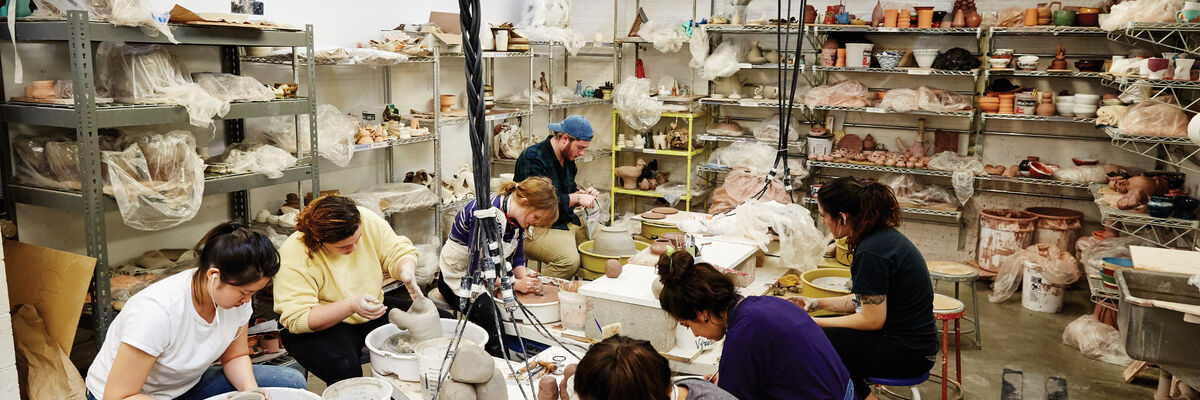
On the Passing of Julian Bond, Civil and Human Rights Icon
On Saturday, we lost one of our great leaders in the historic struggle for civil and human rights. Julian Bond was an activist, organizer, legislator, journalist, historian, poet, essayist, and teacher—an incredibly powerful advocate on behalf of the underrepresented. It has been an honor for me to know him as a friend, colleague, and fellow alum of Morehouse College and to follow the many contributions he made to the world throughout his life.
Julian’s commitment to public service and to fighting injustice was formed at a remarkably young age. He co-founded the influential Student Nonviolent Coordinating Committee at 20 and then served as its Communications Director from 1961 through 1966, a period that saw the passage of the Civil Rights Act of 1964 and the Voting Rights Act of 1965. Renowned for his intellect, eloquence, and charisma, Julian entered politics, serving first in the Georgia House of Representatives and then the Georgia State Senate.
Throughout his time in public office, Julian continuously fought against oppression in all its forms, and despite the demands of his political work, made time to help found the Southern Poverty Law Center, a leader in the fight against hate and intolerance. Julian remained active in public life until the end—he was Chairman of the NAACP from 1998 through 2008—and over the years contributed to a wide range of human rights issues, LGBTQ rights in particular. He was one of the first major African American leaders to speak out in favor of same-sex marriage.
Although we are saddened by his passing, I can think of no better role model than Julian Bond to remember as we here at the School of the Art Institute of Chicago strive to enhance and celebrate the diversity—diversity in all its meanings—of our community.
Best regards,
Walter E. Massey
